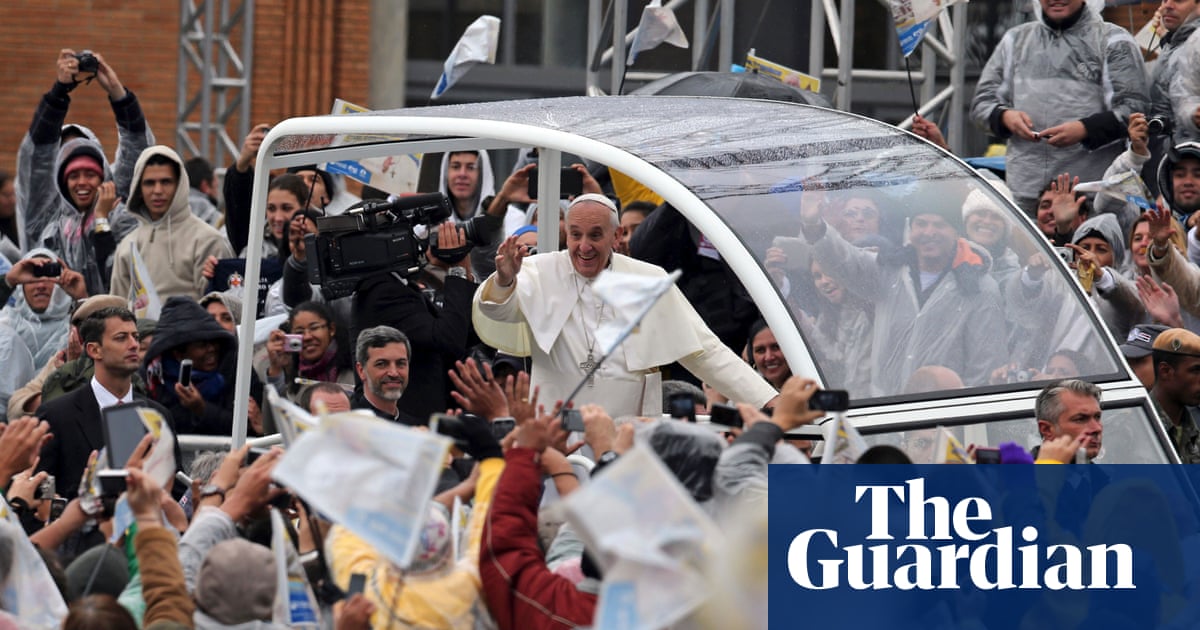
"In a memorable dressing down of the Vatican's civil service, Pope Francis railed against a pathology of power and excoriated insiders who feel themselves lord of the manor."
"Having been chosen by his peers, Cardinal Jorge Mario Bergoglio intended his to be a far more radical and reforming papacy than the conclave had bargained for."
Pope Francis, elected in 2013, emphasized the need for radical reform in the Catholic Church, diverging from the traditionalist approach of his predecessor, Benedict XVI. His initial balcony address demonstrated self-awareness and an outsider perspective, indicative of his intention to rejuvenate the church's image. He criticized the 'pathology of power' within Vatican structures and advocated the church's repositioning toward serving the poor and marginalized, echoing sentiments of past reformists, notably Pope John XXIII, who sought openness and modernization during the Second Vatican Council.
Read at www.theguardian.com
Unable to calculate read time
Collection
[
|
...
]